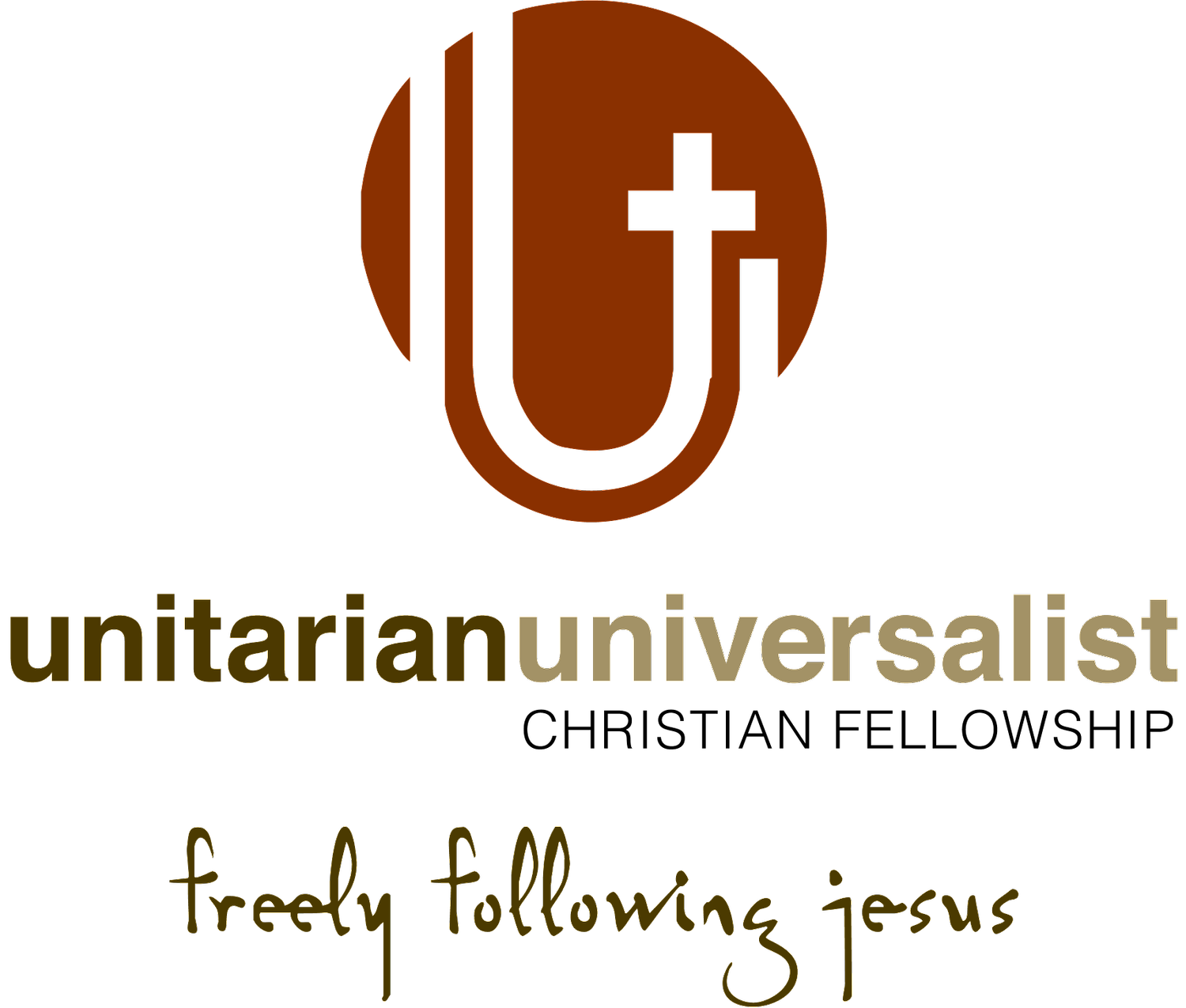CORINTHIANS 1:19-25
Rev. Kelly Murphy Mason
Scripture Readings: Paul’s First Letter to the Corinthians
Focus Quote: For it is written: I will destroy the wisdom of the wise, and I will set aside the understanding of the experts. Where is the philosopher? Where is the scholar? Where is the debater of this age? Hasn’t God made the world’s wisdom foolish? For since, in God’s wisdom, the world did not know God through wisdom, God was pleased to save those who believe through the foolishness of the message preached. For the Jews ask for signs and the Greeks seek wisdom, but we preach Christ crucified, a stumbling block to the Jews and foolishness to the Gentiles. But to those who are called, both Jews and Greeks, Christ is God’s power and God’s wisdom, because God’s foolishness is wiser than wisdom, and God’s weakness is stronger than human strength. (1.19-25)
Meditation: Fat Tuesday has come and gone, as has Ash Wednesday; the Lenten season has officially begun, whether or not we noticed its impending inception, whether or not we managed to mark its start with ashes. Lent is now leading us – as it inevitably does – to Maundy Thursday, the night when Jesus broke bread with his disciples at their Last Supper. Contrary to popular perception, Lent does not end with Easter Sunday, but earlier.
Maundy Thursday signals the beginning of another time, the shortest cycle of the church year, the Triduum, containing Good Friday and Holy Saturday, all in anticipation of Easter Sunday, which is of course a liturgical event in its own right, the very holiest day of the year. Lent has already ended when Jesus and the disciples are eating and arguing at their Passover meal. Jesus is reckoning with his certain capture and execution on the cross, while his disciples are trying to avoid those as eventualities or even as topics of discussion. The disciples have different and (they believe) better notions about how Jesus’ ministry should culminate, more ambitious ones, I suppose, more august.
Yet those of us who call the Christian story our own must “preach Christ crucified,” as Paul tells the new Christians in Corinth. Lent gives us many days, several weeks, actually, to discern what the Crucifixion means for us, to determine what conceivable wisdom it could communicate to us. It seems so often to confound our understanding. Why should this itinerant Jew who preaches love, teaches spiritual humility, and heals the wounded be ruthlessly, brutally slain? Where is the logic in that? And what could possibly cause unlikely Easter to follow?
Lent, Triduum, and Easter are intended to up-end our notions about what constitutes heavenly power and how God’s will is made manifest in our midst. Together these sacred seasons conspire to call into question our own timetables, false idols that they are. We tend to think that we have a pretty good idea about what needs to happen when and why, especially in our daily lives. Quite frequently we are wrong.
Focusing Questions: “Hasn’t God made the world’s wisdom foolish?” Paul asks. Hasn’t God’s foolish wisdom served to disturb our worldly ways, or at least give us cause to doubt some of our rationales? Our Easter faith ought to do that much and then much, much more. We preach Christ crucified and risen. This Lent, let us start to wonder why we do that same thing. Let us start today, at the latest. Let us start, humbly, to wonder.
Prayer: Oh God whose foolish wisdom instructs us in the ways of the spirit, teach us to question the ways of the world, and teach us to turn our minds to you, especially during this Lenten season. Keep our thoughts always trained on the highest good. Amen

